Over the last few days, a lot of people supporting the Citizenship Amendment Act have been telling me to find any text about religious discrimination against Muslims in it. Actually, they are still saying that every chance they get.
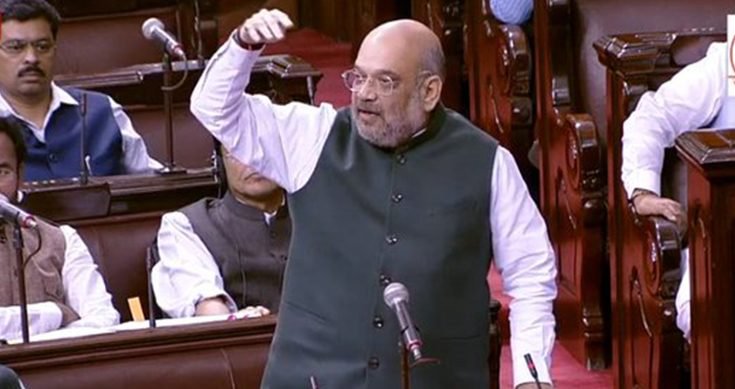
Well, I am not the government but I’ll try and answer this question of yours in the best way possible. So bear with me.
1. So what did the government say the motive was behind introducing the CAB in the first place?
The main idea of the Citizenship Amendment Bill was to give citizenship to persecuted minorities from Pakistan, Afghanistan and Bangladesh. In fact, the bill specifically mentioned Hindus, Sikhs, Buddhists, Jains, Parsis, and Christians. Basically excluding Muslims.
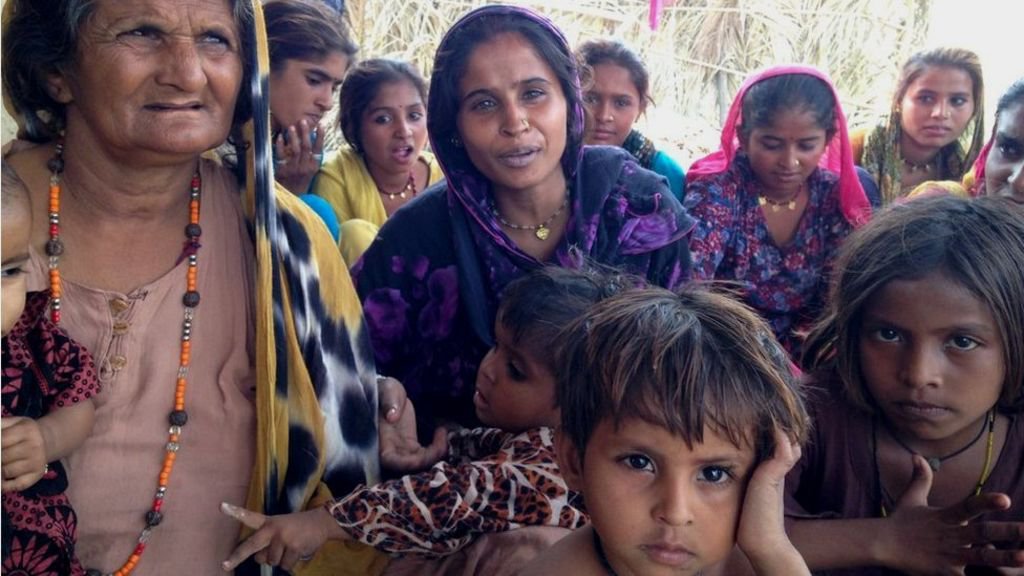
2. What was the government’s logic behind leaving out Muslims from the Act?
The Home Minister has been arguing that Muslims are not a minority in the three countries the bill names. He has also repeatedly stated that the bill in no way takes anything from Indian Muslims.
3. So what then is the problem with the bill when all it intends to do is provide safe haven for people facing religious persecution?
Now while the core logic behind the CAA is to provide a home to Hindus, Sikhs, Buddhists, Jains, Parsis, and Christians from Pakistan, Bangladesh and Afghanistan, the term ‘religious persecution’ hasn’t been mentioned anywhere in the law that was notified…
… despite being mentioned in the Statement Of Objects And Reasons, where Amit Shah explains the need for this legislation.
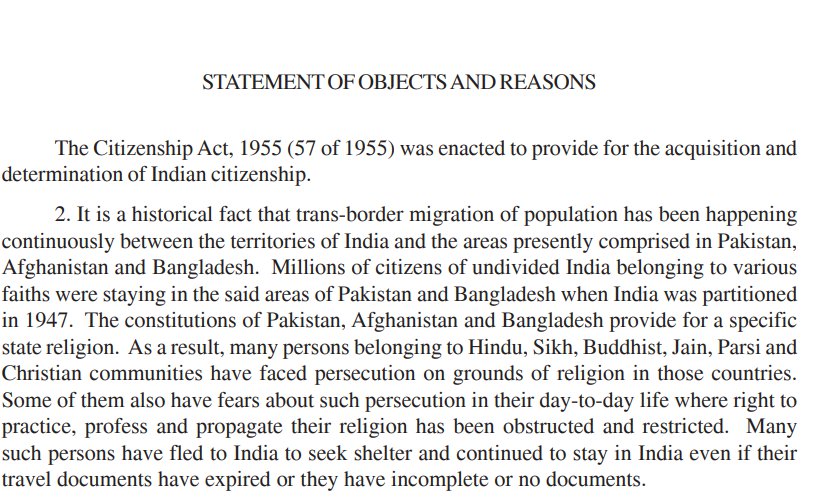
4. So how does that affect anything?
Now, this is where it truly gets complicated. But Newslaundry explains this in the best way possible.
Section 2 of the CAA states that people belonging to above-mentioned minorities from the 3 countries who entered India before the 31st of December would not be treated as illegal immigrants.
It also mentions the exemptions made under The Passport (Entry into India) Act of 1920 and the rules under it.

There’s the catch. The government is free to make new rules under the Passport Act.

So the words ‘religious persecution’ and ‘fear of religious persecution’ are not mentioned in the main law that was passed but they are a part of the rules under another act that could be changed by the government anytime without any parliamentary process.
5. If the government wants to make changes to the Act, won’t it first need to pass a bill in the parliament?
Well no. Rules are technically laws that the central government can make through a gazette notification at any time without having them passed in the parliament.
Now that the central government can change the rules of the Passport Act, to ultimately affect the CAA anytime it wants to, the BJP has opened up a massive loophole that can lead to the misuse of the act.
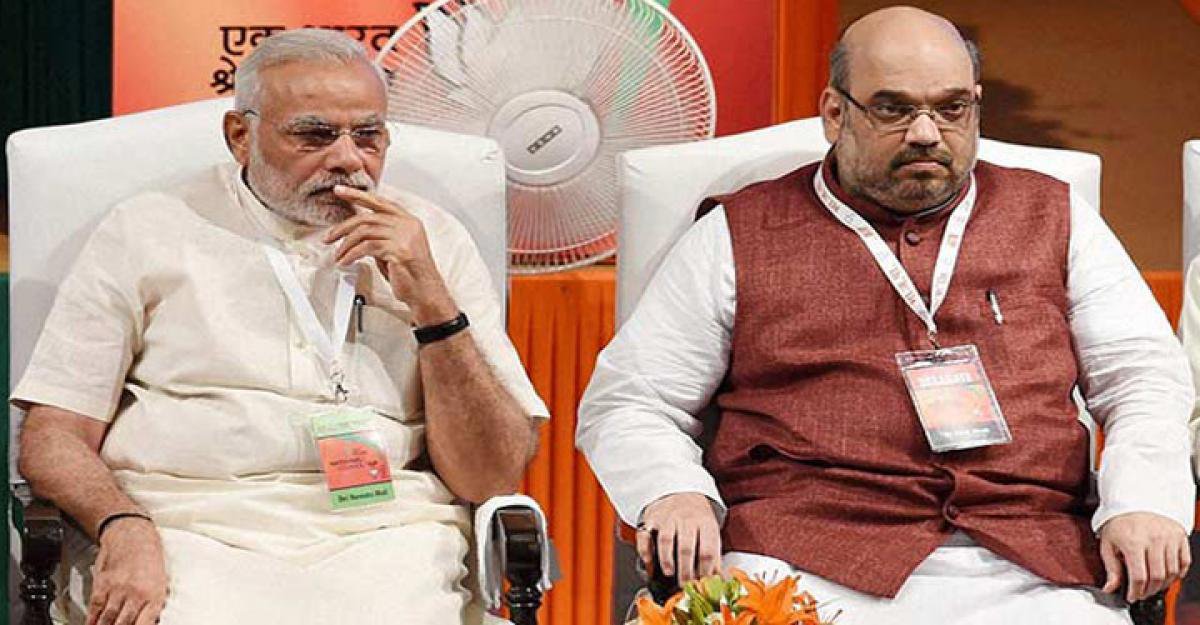
6. What loophole are we talking about here? And how is it connected to the NRC?
Okay, let’s take a look at the disaster the NRC was, the very first time it was introduced in Assam by the centre. The Assam NRC was updated over a few years in order to identify illegal immigrants, most of whom had come from Bangladesh in 1971.
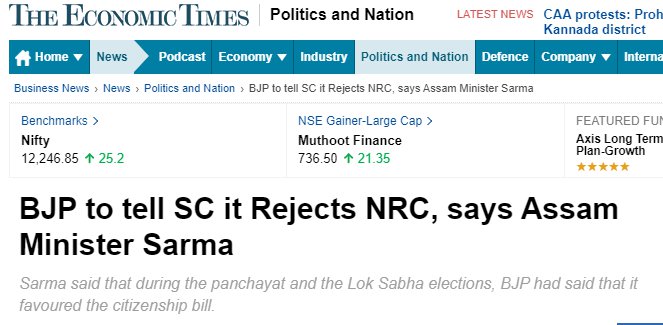
7. Wait! What does the NRC have to do with this again?
We’ll get there. But first, let’s just look at the failure that the NRC in Assam was.
According to reports, around 19 lakh people in Assam were excluded from the final register, most of whom were Bengali Hindus. Then the BJP itself started complaining about many undocumented immigrants having been included in the register.
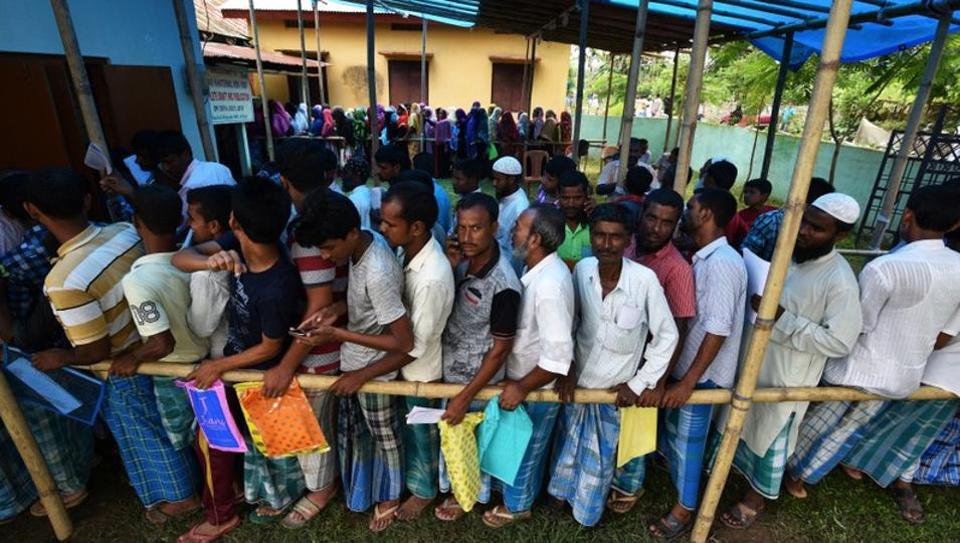
Now try and imagine a scenario when the NRC is implemented throughout the country and thousands of people, even lakhs are excluded from the register, regardless of their religion.
Considering its previous failure, that too in just one state, it’s not unjustified to assume that implementing the NRC throughout the whole country, that too with a population of 1.3 billion could lead to catastrophic failures of a similar nature.
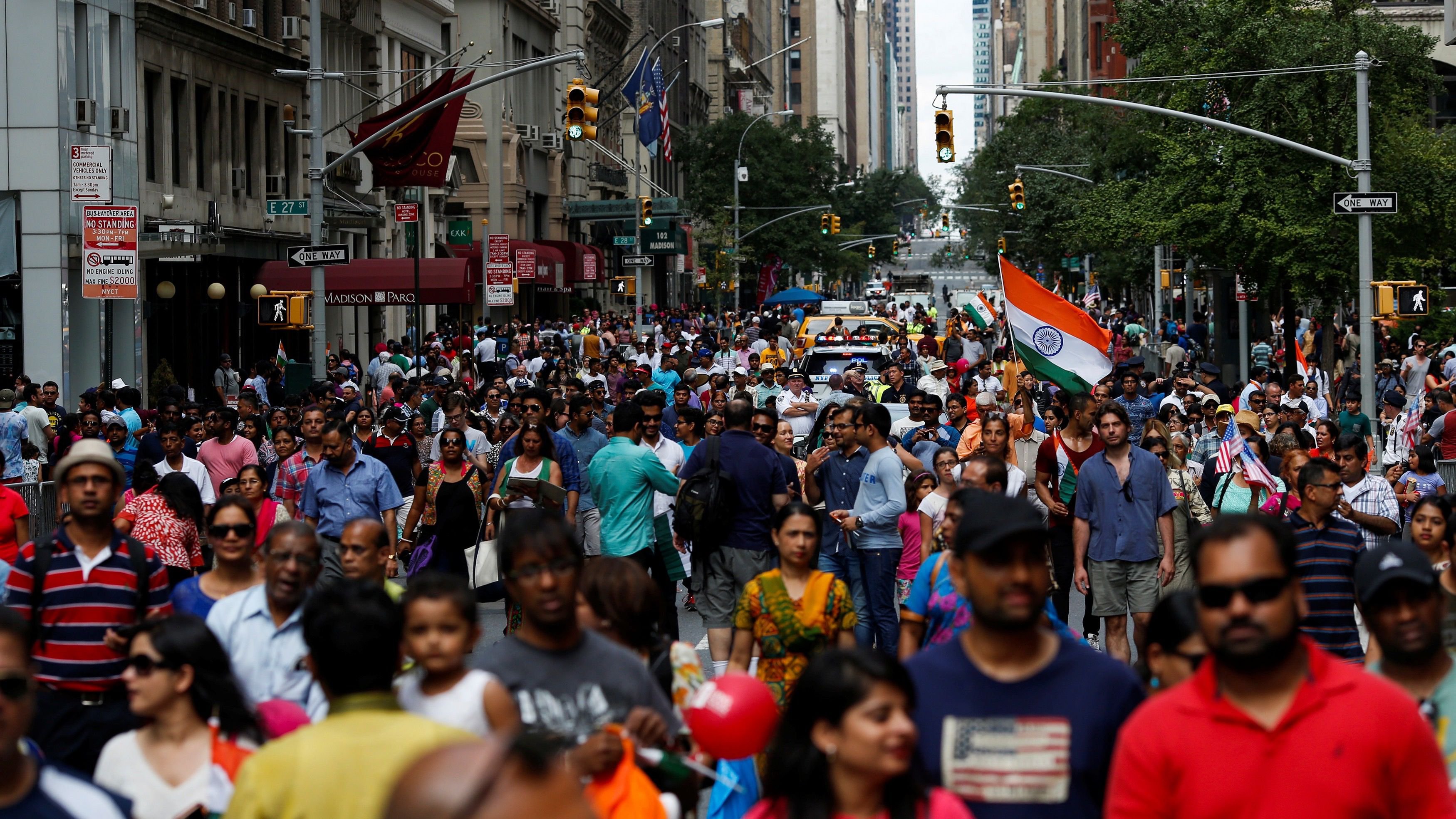
8. Okay, so that’s bad. But how does that have anything to do with the CAA?
Well, following the NRC, when lakhs, maybe even crores are rendered stateless, legal recourse is only available for people of 6 religions mentioned in the CAA.
The law specifically states that only the people belonging to these 6 faiths ‘shall not be treated as illegal immigrants.’
So only the people of these 6 religions have an option for any legal recourse, conveniently leaving out the Muslims, who now will have no option, no way to change their fates if their names are found missing from the National Register of Citizens.
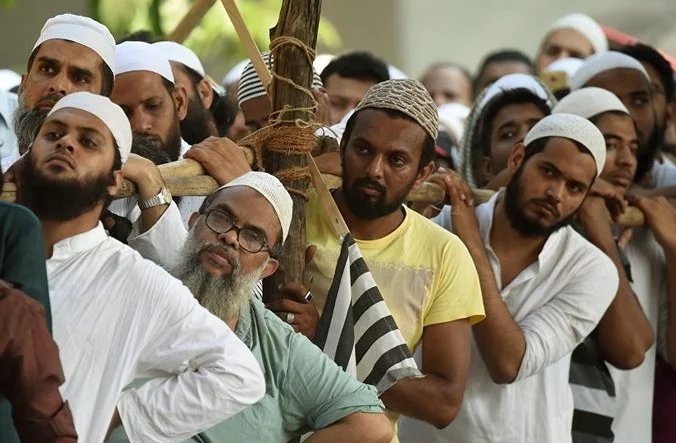
9. But that’s for everyone? As bad as it sounds, how does that make the whole thing Anti-Muslim?
So when lakhs, maybe even crores of people inevitably fail to provide their ancestry documents, they will be forced to declare themselves as non-Muslim illegal immigrants who have come to India.
That would create a ruckus but most illegal immigrants do not have any documents to prove that country they have fled from anyway.
But proving that you’re fleeing religious persecution will be the biggest challenge they face.
But because the rules of the Passport Act can be changed(Refer to questions 4 & 5), one can strikeout the part about religious persecution, allowing Hindus, Sikhs, Buddhists, Jains, Parsis and Christians to become citizens again…
…leaving the Muslims in the cold, as stateless illegals.
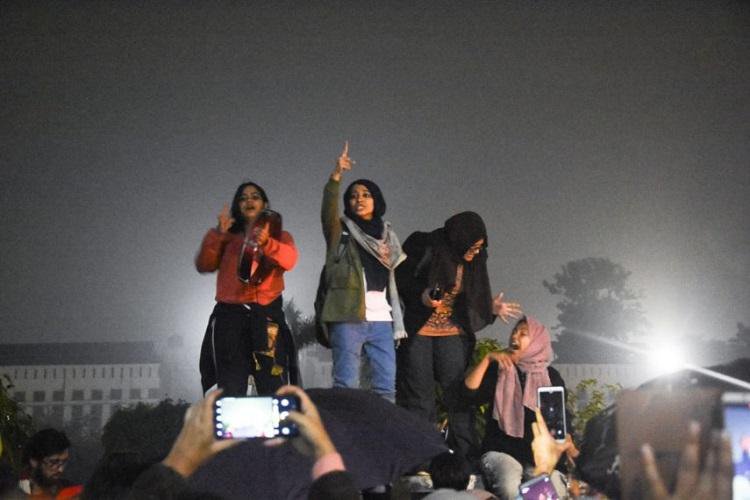
So please read the CAA. Read about the NRC. And don’t be blind to the plight of the people of your own country. History is littered with examples of events like these and all of them have led to horrific results.

















